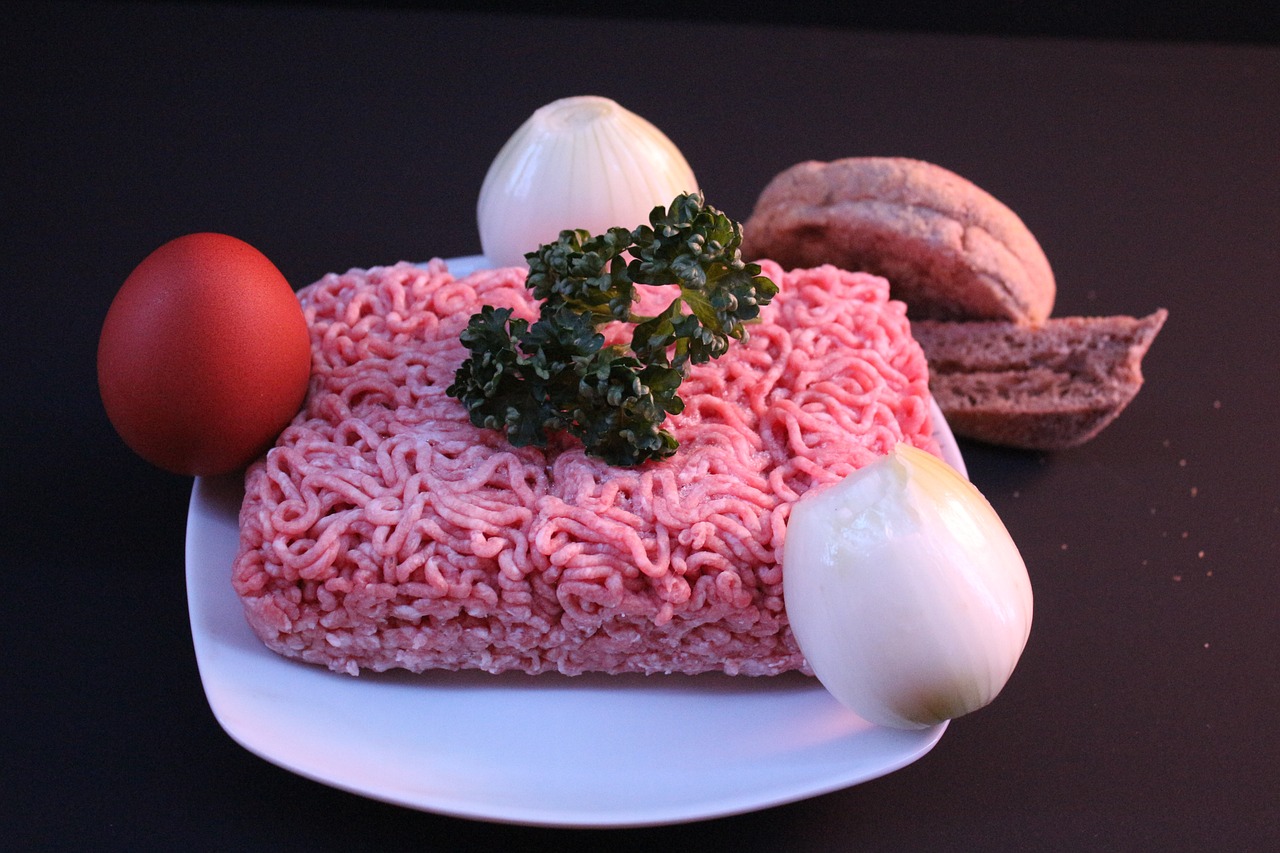While the EU poultry sector operates under strict food safety, animal health and animal welfare rules, Ukrainian farmers are not subject to EU standards.Continue reading
A nasty war is brewing, as unrealistically cheap German minced pork has appeared on Lidl supermarket shelves across the country. Hungarian suppliers fear that the market leader is trying to force them to lower their prices, only for the entire domestic pork sector to be shaken.
Large quantities of German pork mince have appeared on Lidl’s shelves, market sources have told Világgazdaság. The paper’s journalists visited several stores on Wednesday, August 30, and found that the German-based discounter’s Hungarian outlets are indeed being dominated by German pork.
There are two problems with the German imports:
firstly, a large proportion of them had an expiration date of August 30, raising the question of whether the packaged pork mince products in question were flooding Hungary as surplus leftovers on foreign markets.
Another problem is their pricing, as Lidl offers these products at a significant discount of 13-17 percent.
As a result, for example, a 500-gram German package with 30% fat content costs 949 forints (EUR 2.49), while the same product of Hungarian origin costs 1,049 forints (EUR 2.76). The price difference is 10 percent, and people naturally reach for the cheaper product on the shelves. This was confirmed by the experience of Világgazdaság journalists as well, who saw in Lidl stores on Wednesday morning that German minced meat was already in short supply everywhere. In contrast, Hungarian products were lined up on the shelves, virtually untouched.

Photo: Pixabay
The latter is not surprising, given that, for example, the 500 gram, 20% fat product, produced by Hungarian company Kométa 99 Zrt. and processed in Hungary from Hungarian farmed animals, is priced at 1,399 forints (EUR 3.68). In comparison, a 500 gram, unbranded, 20% fat product made by SB-Convenience GmbH in Germany, with processed animals reared and slaughtered in Germany, costs HUF 1,099 (EUR 2.89). Here, the German product has a price advantage of HUF 300 (EUR 0.79), meaning that it is almost 30 percent cheaper than the Hungarian product.
It is even more true that in the current climate of fierce competition, where the main consumer preference is price, it is hard to imagine a Hungarian consumer – even a conscious one – who would not choose German products over Hungarian ones if they were cheaper.
Moreover, the low price of German minced pork has persisted in the depreciated category as well. To give an example: although the parameters were the same (500 grams, 20% fat content, expiration date of August 30, 50% special offer), the Hungarian product cost 700 forints (EUR 1.84), and the German one 550 forints (EUR 1.44).
One problem with Lidl’s move is that the German stock is taking over from the Hungarian.
The biggest problem, however, is that Lidl’s biggest retail competitors will probably soon want to impose German import prices on Hungarian suppliers. If the domestic suppliers do not abide, retailers might look for foreign partners with lower prices to replace them.
A meat industry expert told Világgazdaság that the big Hungarian meat companies are just gasping for breath now. The source said that Lidl was clearly taking action against Hungarian suppliers, effectively telling them: “I will teach you how to offer a lower price.”
Let’s face it, with live pig prices at 750 forints (EUR 1.97) per kilogram, you cannot normally offer the finished product in shops at 1,000-1,100 forints (EUR 2.63-2.89). What we have now is unrealistic. Lidl is forcing the Hungarian meat industry to compete with a foreign product, and this will have serious consequences,”
he warned.
So, what could be behind the sudden surge in cheap German meat? According to Világgazdaság,
it could be – and the short expiration date suggests this – that Lidl has been stockpiling so-called liquidation stocks in Germany.
This means that somewhere, at one of the producers, the stock remained full because, for example, a customer has dropped out. In order not to hamper production, it has dumped this quantity cheaply, because it is better to make a small loss than to make nothing. However, by distributing these goods in Hungary, Lidl is putting Hungarian suppliers in a difficult situation, since this quantity was not originally produced here.
The other version might be even more frightening for domestic suppliers.
Since Lidl has presented the German imports to customers with Hungarian packaging and updated Hungarian slogans, this implies that they were well prepared for this promotion in advance.
If this is the case, we can expect that this will not be a one-off phenomenon, but that German minced pork will remain on the shelves of the leading Hungarian supermarket on a permanent basis.
Featured photo via Facebook/Lidl Magyarország